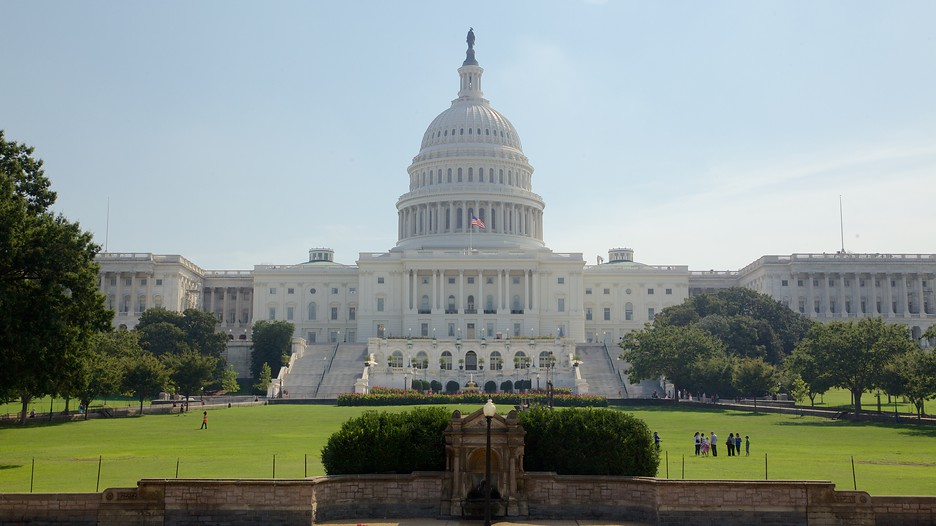The rapidly expanding number of Covid-19 cases in the United States poses an extraordinary test of our nation’s institutions and their leaders. In recent days, a discussion has broken out about how we should integrate our interest in preserving and protecting human life with the concern to keep employment opportunities open for those who are most economically vulnerable.
Login to read more
Sign in or create a free account to access Subscriber-only content.
Topics:
